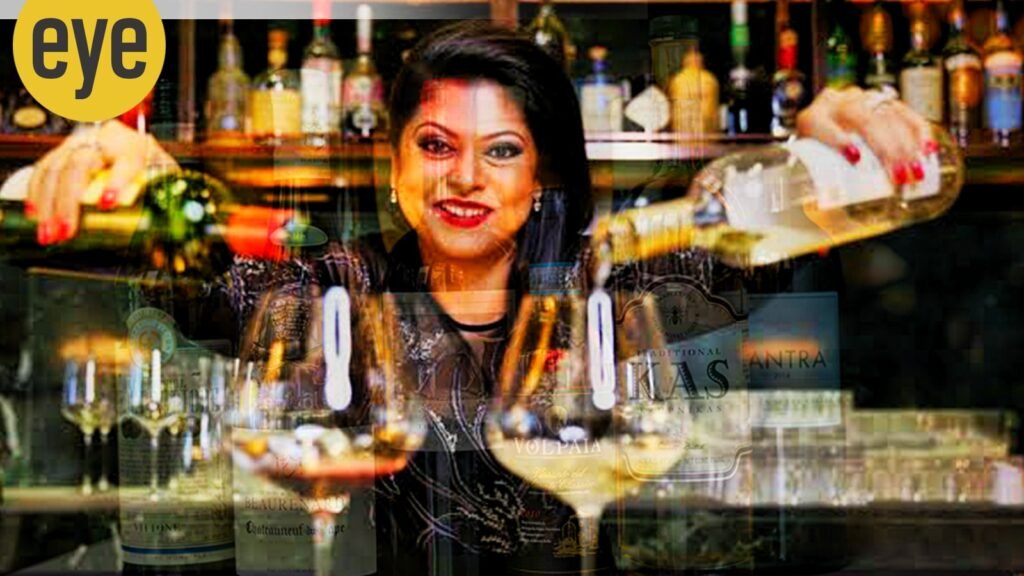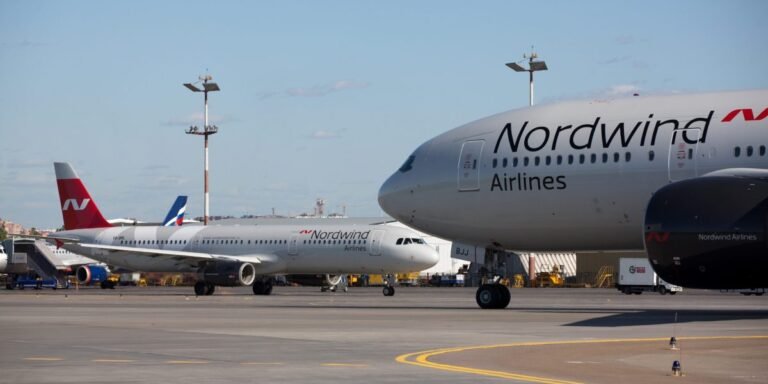
At thirty-three, Sonal Holland stood at the edge of a comfortable life—successful, stable, predictable. As Director of National Sales for a Fortune 500, NASDAQ-listed company in India, she was at the top of her game. But inside, she felt hollow. Stagnant. Frustrated by the lack of excitement or meaning in her work. Looking westward, she asked: what are they doing that we’re not? That’s when she saw it—wine. A vibrant culture and profession thriving in the West, virtually untapped in India. There were no wine professionals of global repute here yet, but change was coming. India was growing, evolving, and someone would need to lead the way. So she invested in herself, chasing an education that could equip her for the future—and how. She uncorked a new chapter, poured herself into a métier she barely understood but already loved, and stepped toward a horizon as strange and beckoning as a vineyard glimpsed through morning mist. Wine wasn’t just a drink. It was a calling—a whisper in the oak barrels of her soul, a passion fermented in silence, finally ready to breathe.
What makes her story even more astonishing is where it begins. Sonal was a middle-class Maharashtrian girl from Bombay Central, who walked the streets of Byculla to school, dreaming simple, safe dreams. The kind of girl expected to work hard, earn decently, stay in her lane. But she refused to stay boxed in. From that modest childhood in Mumbai’s cramped heart, she now hobnobs with the tastemakers of the planet, swirling glasses in salons and vineyards most people only see in glossy magazines. That journey—ordinary girl to global authority—is why her story matters. Because it isn’t just hers. It’s a story all of us can live.
This memoir reminds us that the distance between Bombay Central and Bordeaux, between Byculla and Burgundy, is not as far as it seems—if you’re willing to walk it.
Her odyssey became a surreal carousel of discovery and surrender, of being utterly present in each moment yet lost to something larger. In wine she found a teacher—patient, cruel, revealing. She learned to watch the blush of vineyards in spring, the green vines crisscrossing hills like veins on a living body. She learned to inhale the perfume of cellar, damp and ancient, a library of memory in each bottle. She learned to sip, to spit, to taste not just wine but the hands that grew it, the sun that kissed it, the storms that humbled it. Each glass became a biography, a region distilled into ruby or gold. And she marveled at how, in wine houses across the world, among strangers speaking in accents she’d never heard, she still felt at home—because wine needs no translation.
Yet it wasn’t easy. She mothered a young daughter while chasing her dream, spending birthdays, Diwalis, even her own milestones alone—often with nothing but a warm champagne in a plastic cup aboard some forgotten train. A blasphemy, perhaps, but also a testament to her grit. She chose the promise of a future over the comfort of immediate gratifications, making peace with the loneliness and absence because she knew what mastery demanded. Her daughter, too, understood in her own way—and they found small ways to make up for what was missed.
On rides to remote vineyards, through dusty roads and winding passes, she thought of how life’s journeys are just like these: bumpy, breathtaking, better for the unexpected turns. Each sip carried not just grapes but histories—rooted in region, personality, nationality—yet fleeting, ephemeral. Like gossamer. For wine, in its finest expression, belongs to no one tongue, no one tribe. It is a spirit without borders, a symphony without a conductor.
At dusk in Napa, under stars in Rioja, on sun-dappled afternoons in Burgundy, she disappeared into the rhythm of the land, the people, the wines. Every bottle, every vineyard, every vintage revealed itself as singular as every human being. Just as no two wines are quite alike, no two people, no two callings ever quite overlap.
Story continues below this ad
She kept coming back, each time discovering wine could be bigger, bolder, more daring than before. She began to see herself in its evolution—from grape to glass, from shy student to Master of Wine. That title—awarded by the Institute of Masters of Wine in the UK—is the highest honor in the field, earned by fewer than 425 people worldwide. India has only one. Sonal. She carved her name into that list through sheer will and love for her craft. She is one in a billion. Not just because her daughter called her that, but because it is true.
One quiet morning, her daughter walked up to her, with the simple, unselfconscious wisdom only children possess. Her father had suggested she congratulate her mother. And so he said it plainly: “Mom, you’re one in a billion.” The words struck Sonal like a cork popping loose. A phrase as intimate as it was immense. A toast, a benediction, a mirror held up to her struggle and triumph. And in that instant the title of her memoir was born.
One in a Billion. Because the story isn’t just hers. It’s for the wine aficionado tracing the scent of oak through a labyrinth of glasses. For the wanderer who longs to take a surreal journey through life’s intent and its wild, inexplicable reality. For anyone standing at the edge of their own crisis, staring down who they are, what they could become, what new chapter they still have the courage to write. Her memoir is for them. For all of us. Because Sonal’s story is also a story of what it means to believe you are not one of many, but one in a billion.
Every page is a lesson—not in the way of chalkboards and lectures, but a lesson you sip, swirl, let linger. She teaches the truth she learned in a vineyard under a foreign un: there is always a calling. A moment. A success story waiting, ripening. But you must notice it. Grasp it. Invest in it. Own it.
Story continues below this ad
And she writes it all in prose as layered as a fine Bordeaux, as voluptuous as a Barolo, as daring as a New World Cabernet. Her narrative is cinematic: you can feel the travel underfoot, smell the crushed violet in the air, hear the faint clink of glasses in the distance.
Her words spill in a rhythm that seduces and startles, lush with alliteration that turns over the tongue like a well-aged Pinot Noir—silky, shimmering, soulful.
She shows how wine and life are both allegories. Every human being is a bottle waiting to be opened, revealing notes you couldn’t have guessed, complexities you never expected. We are all products of our terroir, of the climate and culture that shaped us—yet more than our soil, more than our weather. We are what we choose to become.
Sonal Holland’s journey proves you don’t have to settle for being one among many. You can choose to be one in a billion. If she can do it—leaving the safety of the known for the risk of the remarkable—then maybe you can too. Life itself is a tasting flight: pours and pauses, each fleeting, each precious. Some bitter, some bold, some soft and sweet. But all worth savouring.
Story continues below this ad
Her memoir is not only about wine, though wine runs through every page like a deep red river. It is about the human spirit, fragile yet resilient, singular yet universal. rave enough to chase a horizon that scares you. Humble enough to spit out what doesn’t serve you. Present enough to savor what does.
And as you close her memoir, you feel it—a warmth in your chest, like the first sip of wine after a long day. Seeing her recently, sitting beside her daughter at a book signing in Bandra, was a reminder of everything she embodies: Master of Wine, master of her household, master of humanity. The daughter beamed, saying she loves her mum; the mum, adoring her daughter. And you realise: life, like wine, is not meant to be perfect. It is meant to be poured, shared, savored. And in that, Sonal Holland reminds us: there is always magic to be found. Always another bottle to open, another chapter to write. Always, if you dare to believe it, another chance to be one in a billion.





